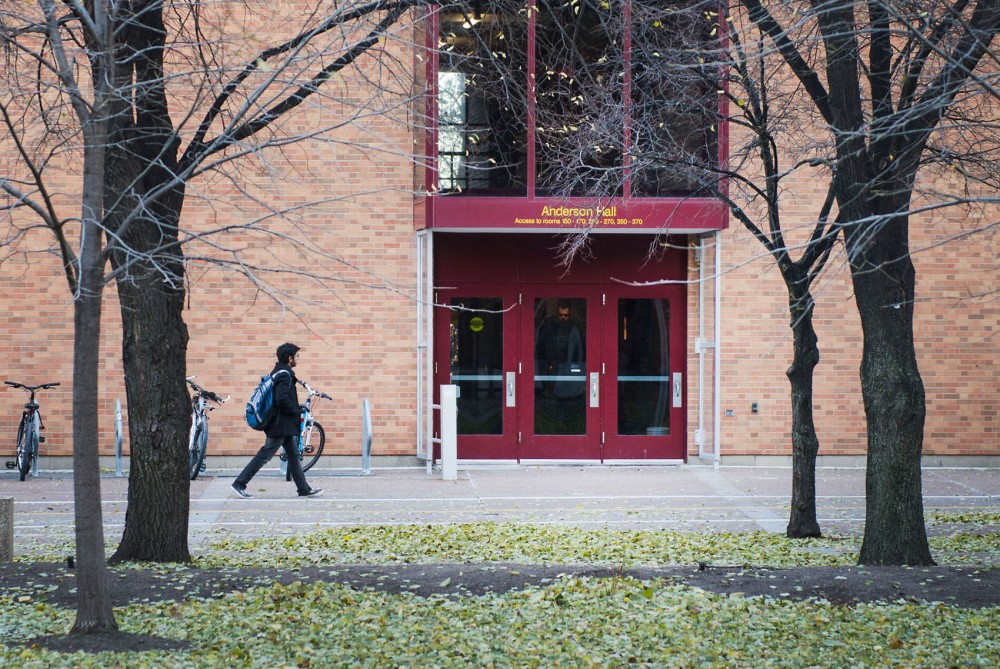The University Student Senate passed a resolution asking the University to expand its medical amnesty guidelines to include drug use in the case that current state laws change.
The resolution passed at an April 6 Student Senate meeting, notes some students are concerned they can’t call for medical help in situations involving drugs because they’re afraid of legal repercussions.
Currently, the University’s student conduct code aligns with the state’s medical amnesty law, which provides legal immunity to underage drinkers who call for medical help for themselves or an underage friend.
And while the state Legislature is not proposing a bill to add drugs to the law this session, the Student Senate hopes that if the law is adjusted, the student conduct code can promptly follow.
“This is to streamline [the change] next year, and when we do advocate for it to say ‘the University supports this,’” said Trish Palermo, Student Senate chair and Minnesota Student Association president-elect.
Palermo said she’s working on drafting legislation with House Minority Leader Melissa Hortman, DFL-Brookyln Park, and doesn’t expect heavy pushback. It will be a priority for MSA’s legislative team, she said.
“We’re going to try to find support from both sides of the aisle next year,” Palermo said. “It’s not a political resolution. It’s about student safety.”
It’s unclear whether the University could update the student conduct code to include drugs in their medical amnesty policy, she said.
Palermo said most administrators she’s talked with say they wanted to avoid superseding the law.
But Regent Darrin Rosha, who supports adding drugs to the medical amnesty provision, said the school’s policy could be changed without legal issues. He said because the code deals with strictly University affairs, it could be adjusted to provide immunity from student conduct violations, regardless of state law.
“I respect [that] the Student Senate is deferring to the state to make the change first, but I’m not sure that is necessary,” he said.
During last year’s discussions to adjust the University’s medical amnesty policy, most of the questions focused on who the amnesty would cover and not what substances it would include, Rosha said.
“My expectation is in the coming months we’ll be taking a review of the student conduct code as a whole … I expect this is a topic that will be a part of this conversation,” he said.








